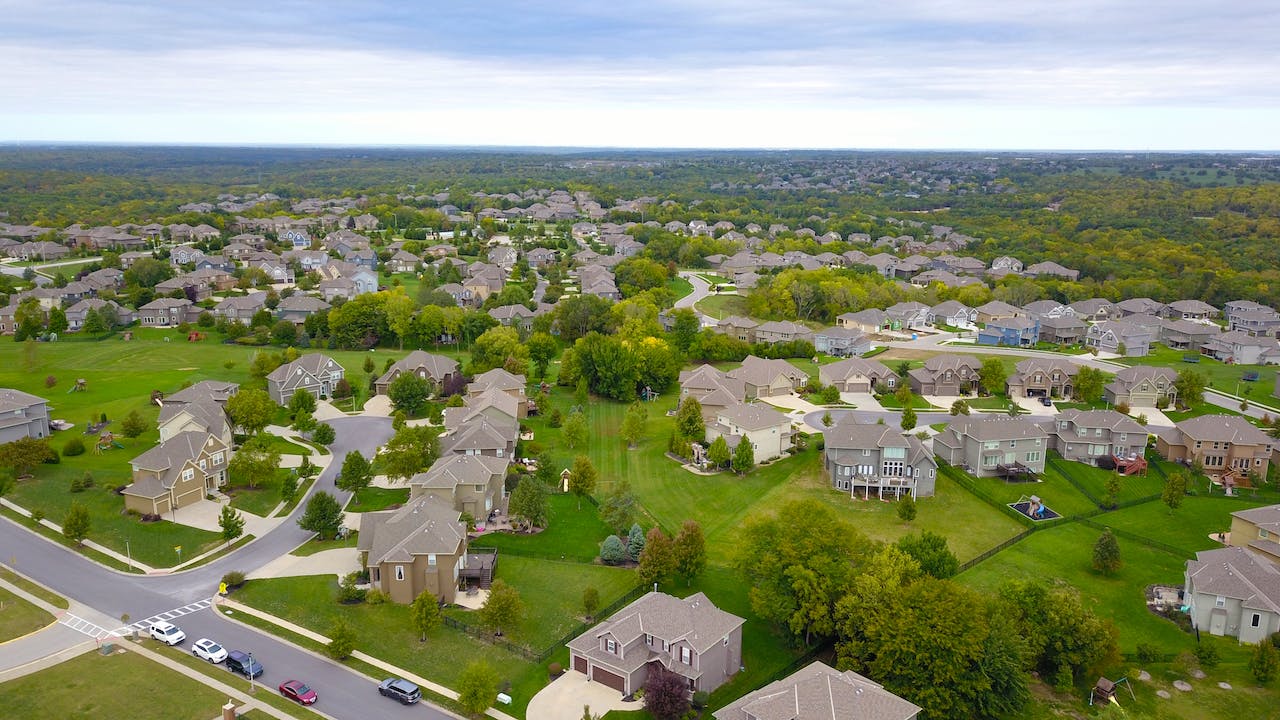Moving to a new area comes with its own set of tasks. But when it comes to adapting to your new neighborhood, it’s about more than just finding your local grocery store or the fastest route to work. It’s about creating a connection with your new environment and the people within it. Checking out Verified Movers reviews can give you peace of mind, knowing you have reliable help in this significant phase of your life. This support can make the transition more enjoyable.
Connect With Neighbors
If you’re wondering how to make your new place feel like home, meeting your new neighbors is a step toward feeling settled in. It starts with a smile and a wave, evolving into brief chats and maybe an invitation for coffee. This simple act of saying hello can also forge the first links in a chain of local friendships. It’s about sharing a moment to introduce yourself, ask about the neighborhood, and exchange useful tips. Joining a local group or attending a community event can also be a great ice-breaker. Moreover, these interactions are the building blocks of a supportive community network. They make the street you live on more than just a place to sleep but a part of a living, breathing community where you play an active role.

Offer help to them
Offering a helping hand to neighbors builds a strong community. Take the initiative to assist where you can. You can also lend tools, help in the garden, or simply collect mail during a neighbor’s vacation. It’s these small acts of kindness that can forge lasting bonds. Keep an eye out for opportunities to support your neighbors. This doesn’t just improve their day; it enhances the neighborhood for everyone. It’s easy to make a big difference with just a little effort. Engaging with those around you in such a positive way can turn a simple neighborhood into a place of shared support.
Discover Your Surroundings
Exploring your new neighborhood is an essential step in making it feel like home. One of the benefits of hiring a professional cleaner after moving is that you’ll have time for exploring. Start with a walk around the block. Notice the shops, parks, and restaurants. Each street has its own character, and every corner offers something unique. Don’t hesitate to pop into local businesses and say you’re new in town. Owners often know the area’s hidden gems and can provide valuable insights. Also, take a different route each time you go out; variety can lead to exciting discoveries. Remember, every exploration is a step toward turning your new address into a place you’re excited to call home.

Engage in local activities
Participating in local events is a powerful way to connect with your new community. Visit nearby community centers or browse social media for local groups. Here, you can find gatherings, workshops, or sports leagues. Joining a group fitness class at a park or gym can also foster connections. If you have children, parks, and libraries often host family-friendly activities which can be enjoyable for both you and your kids. Find a volunteer opportunity, meet people and contribute to the neighborhood’s well-being. Local theaters or music venues might also offer shows that give a taste of the area’s cultural scene. Every event you attend is an opportunity to build relationships and create a sense of belonging.
Contribute to the Local Economy
Supporting your new community’s economy is a good thing. Explore local businesses and markets. This not only helps you find fresh, unique products but also forges connections with shop owners and residents. Dining at neighborhood restaurants allows you to savor local flavors and contribute to the area’s culinary scene. Consider local services for your needs, from hair salons to repair shops. Every dollar spent locally circulates within the community, sparking growth and sustainability. By choosing local options, you not only enjoy quality goods and services but also invest in the community’s future. It’s a rewarding cycle that benefits everyone involved and enhances your role as a supportive neighbor.
Learn and Adapt to Community Norms
Adapting to your new neighborhood means tuning into its unique rhythm and customs. Observe how the community operates. Notice if there’s an emphasis on recycling, or if there are specific days when the whole street joins in a cleanup. Join in these activities — it’s a great way to meet people and show that you care about your new home. Paying attention to quieter times can also be important; some areas value peaceful evenings and mornings. If your neighborhood has a social media group or message board, join it. It’s often the best place to get a feel for local events and initiatives. Show that you’re ready to adapt and you’ll find integrating into your new surroundings much easier.
Be Patient With Yourself
Adjusting to new circumstances can take time, so be patient with yourself. Recognize that everyone adapts at their own pace. Allow yourself to learn, make mistakes, and grow. It’s okay if you don’t have everything figured out right away. Celebrate small victories as you make progress. Reach out for support if you need it. With each passing day, you’ll find yourself more at ease. Finally, keep a positive outlook and remember that patience is often the key to a successful transition. Don’t forget to find out how to stay close to friends after moving. Don’t let the distance separate you! Finally, your journey is unique, and allowing yourself the time you need is essential.

Adapting to Your New Neighborhood Has Never Been Easier!
Adapting to your new neighborhood is about active participation and patience. It’s about engaging with the community, understanding local customs, lending a hand, and giving yourself grace during the transition. This approach will turn the unfamiliar streets into familiar paths and strangers into neighbors. Your efforts in adapting pave the way for a fulfilling community experience!



